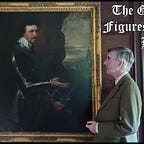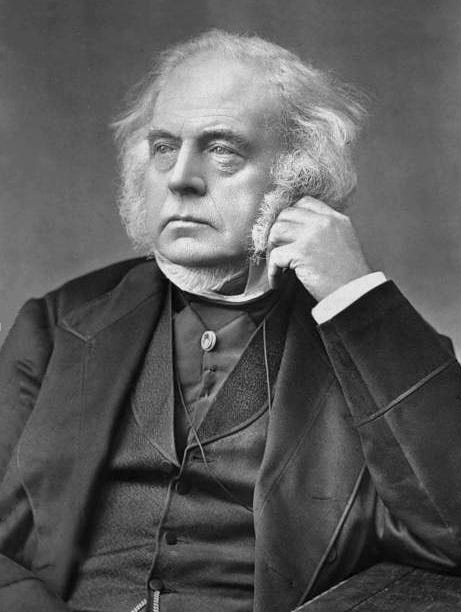At the time of his death in 1889, John Bright was said to be “one of the great statesmen of the 19th century… a more moving and effective speaker than either of the leading Prime Ministers, Disraeli and Gladstone, and Walter Bagehot… speculated that Bright would be one of the contemporary statesmen whose fame and accomplishments transcend the age”.
This turns out not to have been true, for he has been almost entirely forgotten. But now, in an era of trade restrictions, is the time to resurrect his memory.
Bright made the fundamental case for free trade with effulgent clarity. As he said in 1844, “the principles of free trade are so simple that the mind of no unbiased man who hears them will have any hesitation in receiving them as true… We ask that the world should be our workshop, and the wide world our market”.
Bright was born on the 16th November, 1811, the eldest of 11 children, and although his father was fairly prosperous, he left school at 15 to work in the family mill, where he taught himself about more scholarly affairs, but was educated in radicalism by his fellow workers.
This led him down a political path, so he campaigned in the 1837 general election for the radical candidate John Fenton, who won the Rochester constituency, and Bright became interested in the issue of free trade, and thereby the Corn Laws.
The import of corn had been restricted for centuries, since the reign of Henry VI in the 15th century, but had become much more contentious in the early 19th century. The Napoleonic Wars had kept foreign corn out because of a blockade, but once they ended with Wellington’s great victory at the Battle of Waterloo in 1815, protection came in. It was followed by the good harvests of the early 1820s, so the effects of higher prices were not immediately apparent, and the arguments against the Corn Laws mainly theoretical.
Perhaps most importantly, David Ricardo, in his Principles of Political Economy, published in 1817, had written that “a tax on corn, then, would fall on the consumers of corn, and would raise its value as compared with all other commodities, in a degree proportionate to the tax”. Although he also noted that this would lead to an increase in wages, he pointed out “that there would be a considerable interval between the rise in the price of corn and the rise of wages, during which much distress would be experienced by the labourers”. This made it clear that a tax on corn would harm the poorest most.














